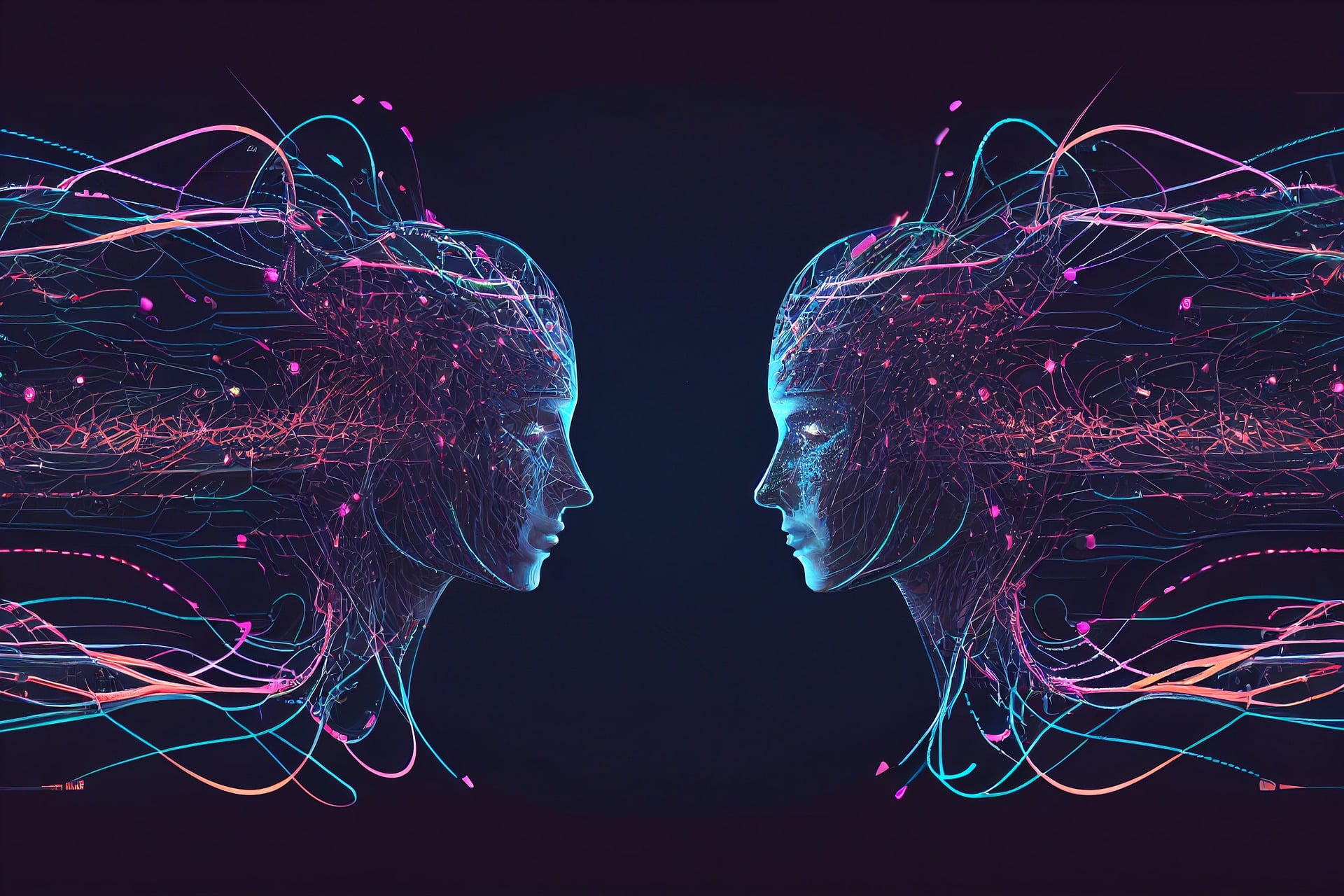Artificial Intelligence (AI) has already transformed the world in significant ways, and it will continue to do so in the coming years. From revolutionizing healthcare to optimizing energy consumption, AI has the potential to solve some of the most pressing issues facing humanity.
In this blog post, we will explore how AI will change the world and what we can expect in the future.
Healthcare
One of the most significant ways AI will transform the world is through healthcare. AI has the potential to analyze vast amounts of data, such as medical records and genetic data, to identify patterns and develop personalized treatment plans. It can also help doctors to diagnose diseases more accurately and quickly, allowing for more effective treatments and better patient outcomes.
In addition, AI-powered medical devices, such as wearable health monitors, can help patients manage chronic conditions and monitor their health in real-time. This technology can also alert doctors to potential health issues before they become serious, potentially saving lives.
Energy
AI has the potential to revolutionize the energy industry by optimizing energy consumption and reducing waste. Smart grids, powered by AI, can help manage energy usage by predicting demand and adjusting supply accordingly. This can reduce the amount of energy wasted during periods of low demand and help prevent blackouts.
AI can also be used to optimize energy production by identifying the most efficient ways to generate electricity from renewable sources such as wind and solar power. This can help reduce carbon emissions and mitigate the effects of climate change.
Transportation
Autonomous vehicles, powered by AI, are already transforming the transportation industry. These vehicles can improve safety, reduce traffic congestion, and lower emissions by optimizing routes and reducing the number of vehicles on the road.
AI can also improve public transportation systems by predicting demand and optimizing routes to reduce wait times and improve efficiency. This can make public transportation more attractive to commuters, potentially reducing the number of cars on the road and improving air quality in urban areas.
Finance
AI is already being used in the financial industry to improve fraud detection, risk management, and investment decision-making. AI-powered algorithms can analyze large amounts of financial data and identify patterns that humans may miss, leading to better investment decisions and risk management.
In addition, AI can improve customer service by analyzing customer data and providing personalized recommendations and advice. This can lead to better customer satisfaction and loyalty, ultimately benefiting both the customers and the financial institutions.
Education
AI has the potential to transform education by personalizing the learning experience for each student. AI-powered algorithms can analyze student data and identify areas where students need extra help or additional challenges. This can lead to better academic outcomes and improved student engagement.
In addition, AI can improve accessibility by providing learning materials in different formats, such as audio or video, to cater to different learning styles. This can help ensure that all students have access to the same quality of education, regardless of their abilities.
Conclusion
AI has already transformed the world in significant ways, and its potential to solve some of the most pressing issues facing humanity is immense. From healthcare to energy, transportation, finance, and education, AI has the power to revolutionize industries and improve people’s lives. As AI technology continues to develop, we can expect to see even more transformative changes in the coming years.
Share:

